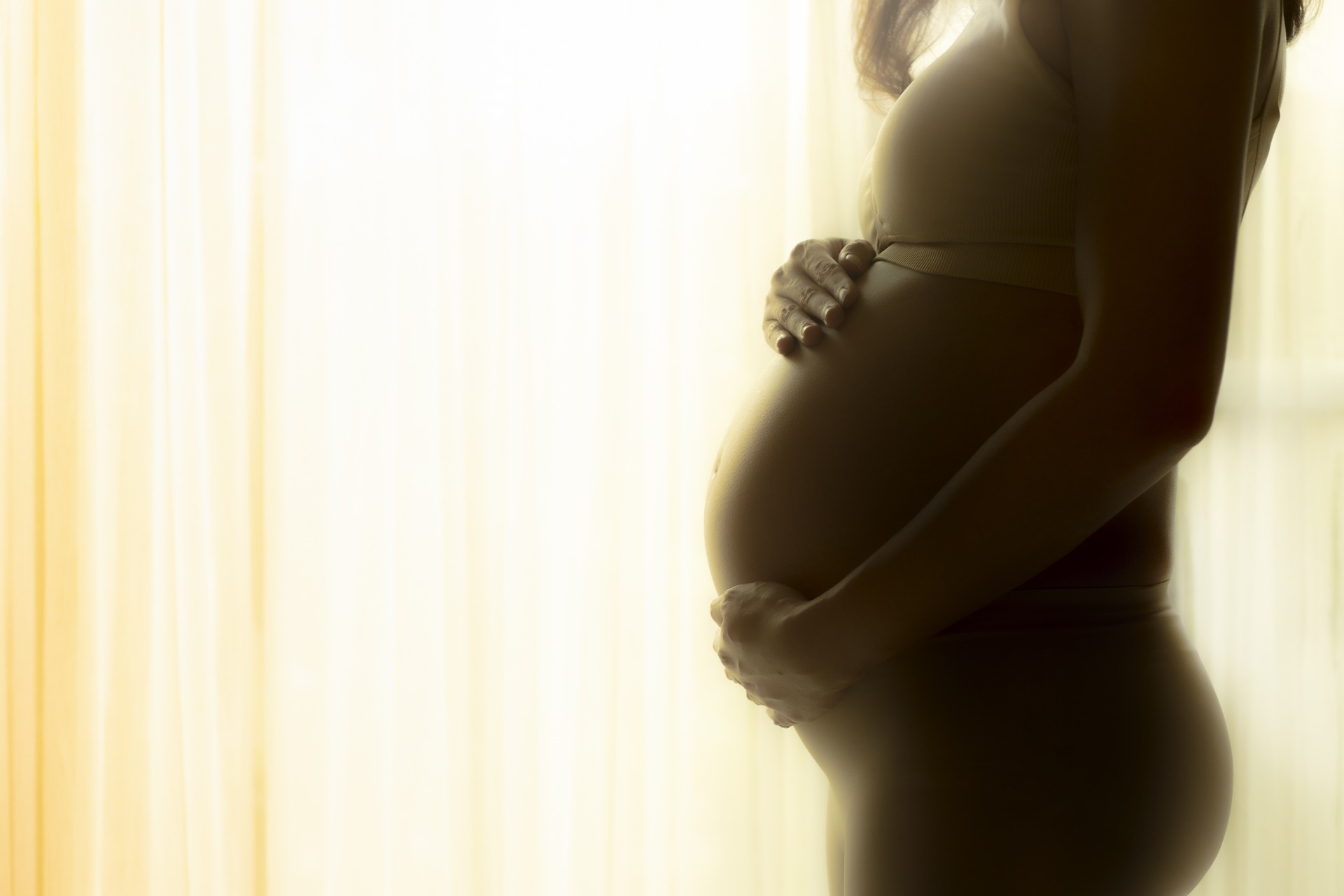The School of Biosciences and the School of Chemistry and Forensic Sciences have joined forces in winning a grant of £22,000 to help develop novel imaging and artificial intelligence (AI) strategies to help improve In vitro fertilisation (IVF) treatment.
Professor Darren Griffin (School of Biosciences) says: “Infertility affects 20% of couples trying to conceive and the global market for assisted reproduction technology (ART) is projected to reach US$25billion by 2027. Around 2% of babies are currently born by IVF, and this is expected to reach 10% in 10 years. A key knowledge gap in IVF provision however is how to select the best quality embryo for IVF use. Many selection techniques are invasive and involve embryo biopsy (removing cells from the embryo) which carries a potential risk for future development. The team will attempt to apply artificial intelligence (AI) to a novel imaging modality, Optical Coherence Tomography (OCT) pioneered by Kent scientists to establish if it can spot genetically abnormal embryos non-invasively.”

